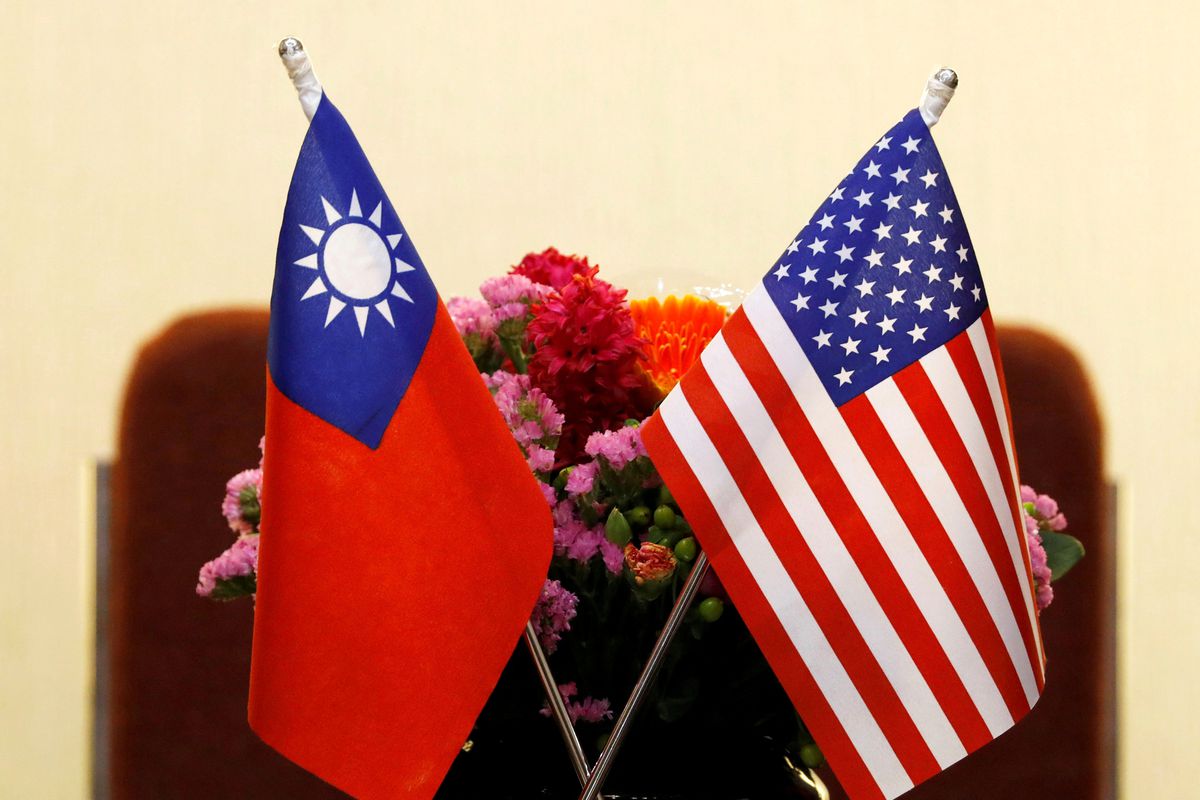
Blinken signals possible resumption of U.S.-Taiwan trade, investment talks
U.S. Secretary of State Antony Blinken on Monday signaled a possible resumption of trade and investment talks with Taiwan stalled since the Obama administration, but gave no indication of any willingness to pursue a full-scale trade pact Taipei has been seeking.
At a House Foreign Affairs Committee hearing on the U.S. State Department’s annual budget request, Blinken was asked about the Biden administration’s position on a bilateral trade agreement with Taiwan.
“I’d have to refer you to Katherine Tai, the U.S. Trade Representative, but I know we are engaged in conversations with Taiwan, or soon will be, on some kind of framework agreement, and those conversations should be starting.”
Any such agreement is likely to irritate China, which claims Taiwan as its own territory.
Asked about Blinken’s comment, a spokesperson for the U.S. Trade Representative’s office said, “the United States believes it is important to continue strengthening our bilateral trade relationship with Taiwan,” but added: “we have no meetings to announce at this time.”
A spokesman for Taiwan’s representative office in Washington said: “We are working to engage in discussions with USTR, which will hopefully lead to progress in our bilateral trade relationship.”
Bonnie Glaser, a Taiwan expert at the German Marshall Fund of the United States, said Blinken’s comment was a signal Washington was likely to move forward with a resumption of Trade Investment Framework Talks (TIFA) with Taiwan that have not been held since the Obama administration.
She said the administration had probably not made a decision on whether to take the much larger step of pursuing a bilateral trade agreement with Taiwan, however.
“Senior Biden administration officials have been encouraging USTR Tai to hold a round of the TIFA talks, and Taipei is eager to do this as soon as possible,” Glaser said.
She said Taiwanese President Tsai Ing-wen was keen to show some progress on trade talks with the United States ahead of an August referendum that could reverse her January decision to lift remaining restrictions on imports of U.S. pork and beef.
TIFA talks stalled after former President Barack Obama left office in 2016 and his successor Donald Trump’s trade representative, Robert Lighthizer, focused on trade talks with China.
Glaser said China would likely criticize a TIFA resumption out of concern that the talks could eventually lead to a free trade agreement and embolden other countries, such as Britain, to launch trade negotiations with Taiwan.
“China also will see such talks as part of a Biden strategy to strengthen ties with Taiwan and what they see as a diminishing U.S. commitment to One China,” she said, referring to the long-standing U.S. policy of recognizing Beijing rather than Taipei.
Our Standards: The Thomson Reuters Trust Principles.






